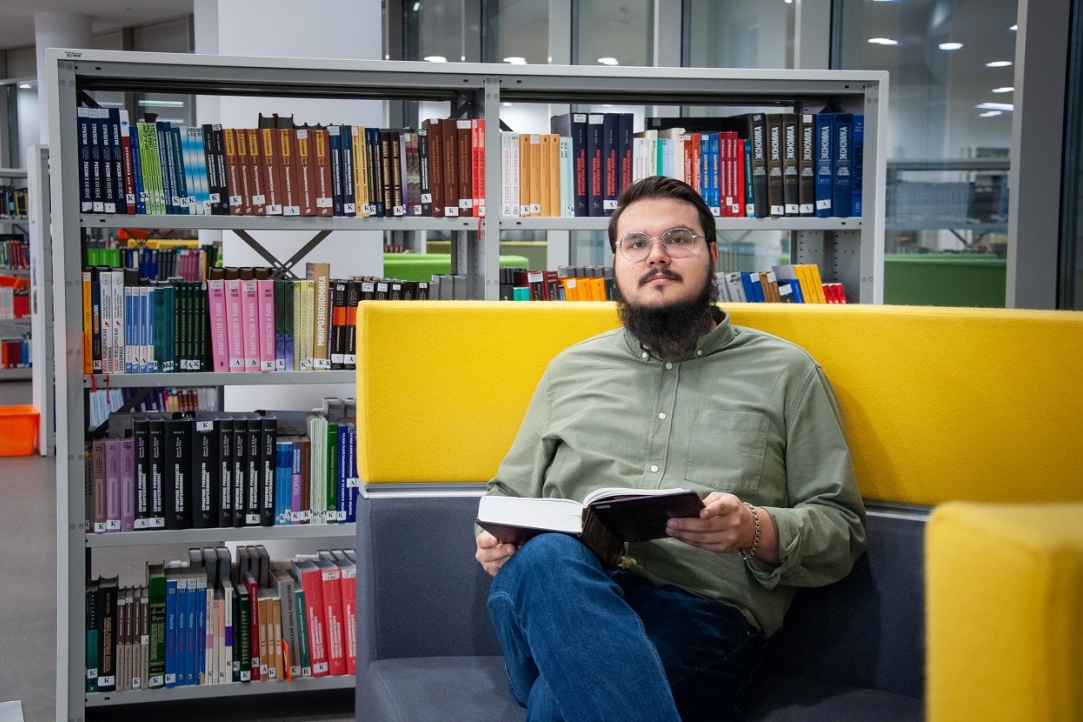
'Working in an Academic Environment Is Like Running an Ultramarathon'
Anton Galeev’s longstanding interest in tracing the origins of academic theories has led him to study the historical development of economic thought. In this interview with the HSE Young Scientists project, Anton discusses Russian economist Yuly Zhukovsky, the importance of staying in good writing shape, and how Disney's Frozen helped solve the Dyatlov Pass mystery.
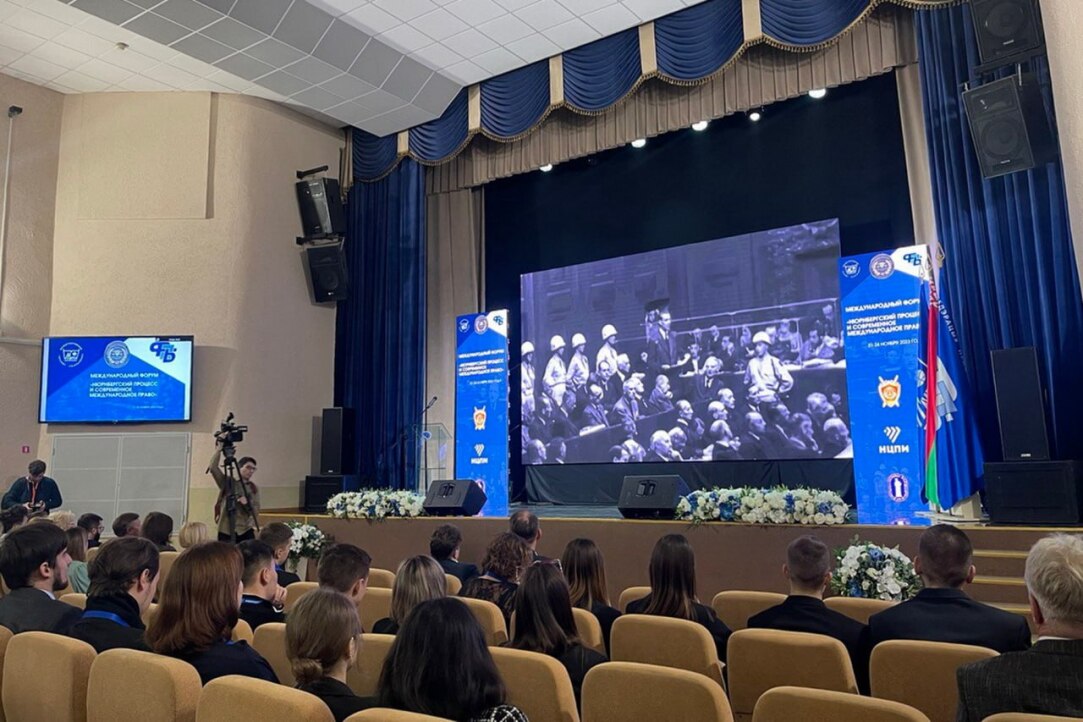
‘I Am Proud of Our Teamwork’: HSE Students among Winners of International Law Competition
As part of the international forum ‘The Nuremberg Trials and Contemporary International Law’ in Minsk, an international competition for undergraduate and graduate students was held. A team from HSE University was among the winners. The competition was organised by the Federation of Trade Unions of Belarus and MITSO International University.

Bachelor's Programme in Political Science Opens New Regional Track
Starting from the next academic year, the Bachelor's programme 'Political Science and World Politics' will open a fourth regional track, this time covering the countries of Latin America. Students who choose this track will be able to immerse themselves in the political processes of the region and study a choice of Spanish or Portuguese.

HSE University Graduates to Be Able to Receive Diplomas in NFT Format
HSE University and the social network VK are launching a pilot project to issue NFT diplomas. The diplomas will take the form of digital images with programmed metadata about the graduate, their educational programme, and year of graduation. Graduates of 38 continuing professional education programmes at the Faculty of Law from 2019–2023 will be the first to receive such diplomas. Based on the results of the pilot project, the possibility of implementing the innovation in other faculties and educational programmes will be considered.
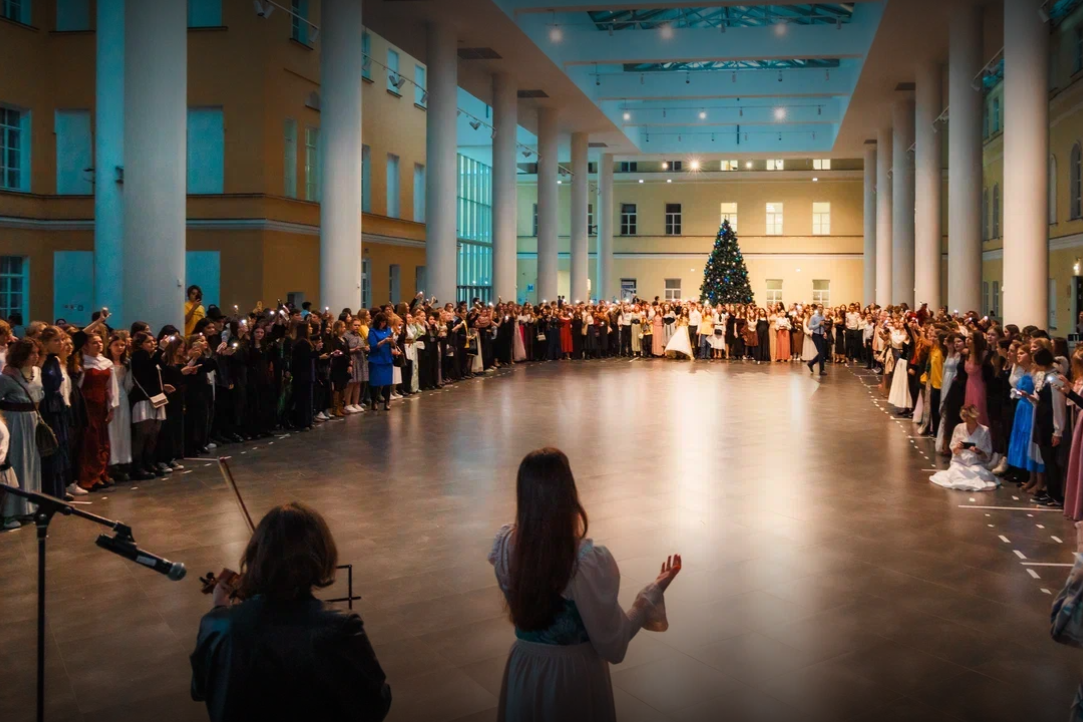
‘This Event Is a Step Beyond the Ordinary’
The HSE Lyceum hosted the Big Winter Event, a traditional large-scale celebration culminating in a gathering of Lyceum students in the Atrium of the HSE University campus on Pokrovsky Bulvar. During the preparations for the grand ball, which took two months, more than 2,000 Lyceum students and employees explored the theme of ‘the Renaissance’ in a variety of ways.
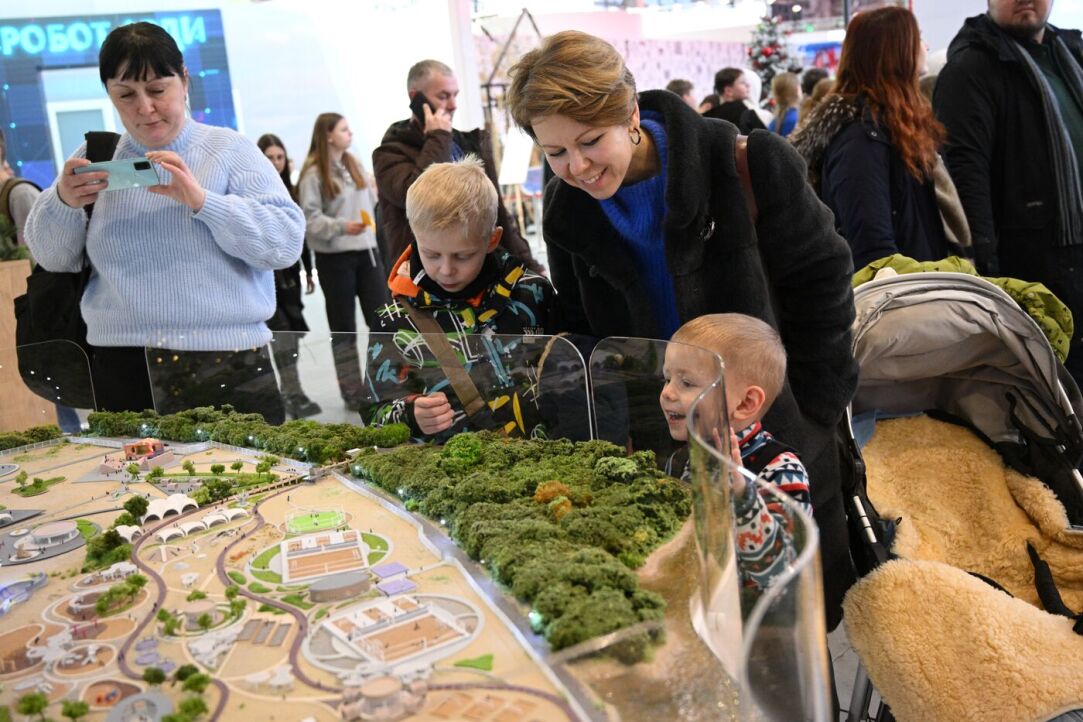
Research by HSE University and EISR: After visiting Russia Exhibition, the Vast Majority Feel Proud of their Country and Confident in Tomorrow
The achievements presented at the Russia International Exhibition and Forum make visitors proud of their country, believe 98% of the participants in a recent study prepared by HSE University and the Expert Institute for Social Research (EISR) in January 2024. More than 4,200 respondents took part in the survey.

Neural Networks of Power: AI Unravels Knots and Tangles in Relationships between Humans, Elves and Hobbits
One of the most popular writers of the last century, John Ronald Reuel Tolkien, was born on January 3rd. Researchers from HSE University, AIRI and MISSIS have used machine learning to explore the social connections between the characters of his Middle-earth universe. The algorithm managed to create an accurate picture of the social structures and dynamics of the characters' relationships, providing a unique map of interactions in the epic world. The results of the work were published in IEEE Xplore.
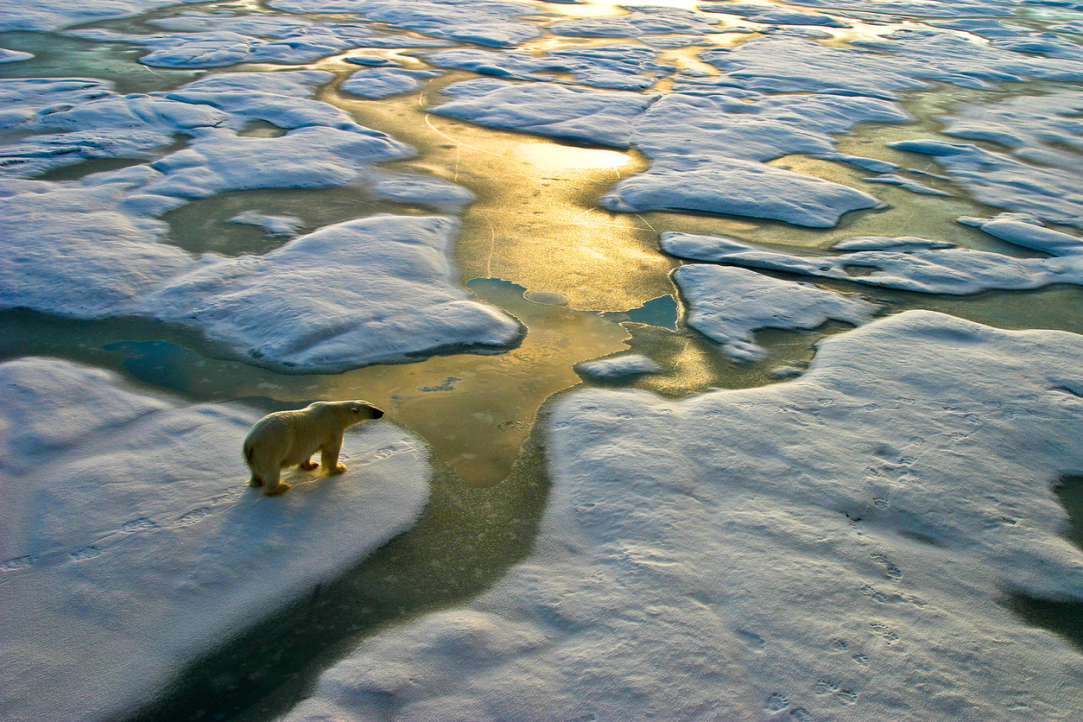
'The Main Focus Is on Providing an Understanding of What the Climate System Is'
HSE Online is launching a new course: Mechanisms of Climate Change. Students will learn not only how to critically assess information in media and differentiate scientific data from conspiracy theories, but also to independently conduct research into the climate system.
.jpg)
‘Such a Foundation Will Help Us Implement Truly Breakthrough Projects’: HSE University Visits Saudi Arabia
An HSE University delegation led by Vice Rector Victoria Panova went to Saudi Arabia for a working visit. During the meeting, representatives of major universities, government agencies, and the private sector confirmed their readiness to cooperate in a wide range of areas. Saudi Arabia is interested in developing cooperation with Russia, including interuniversity interaction.
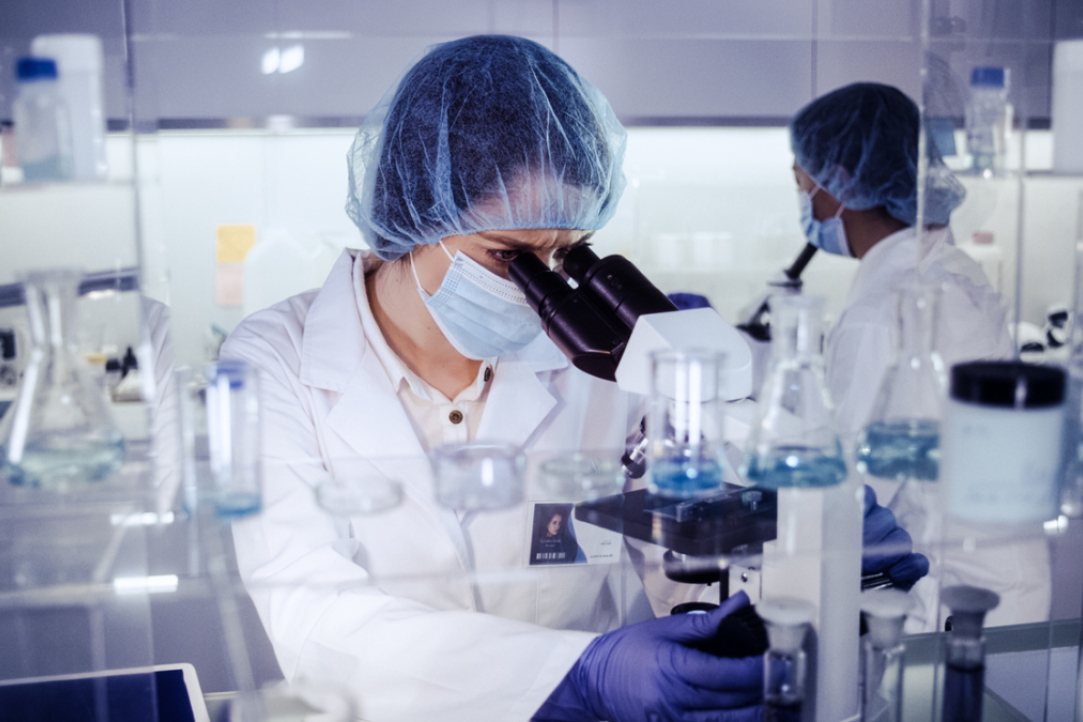
Scientists Discover Cause of Metastasis Formation in Patients with Colorectal Cancer
An international team of researchers including scientists at the HSE Faculty of Biology and Biotechnology has identified factors which can increase the aggressiveness of tumours in patients with colorectal cancer. An isoform of CD44 protein has been found to play a pivotal role in the development of metastases. The study findings have been published in Molecular Oncology.

